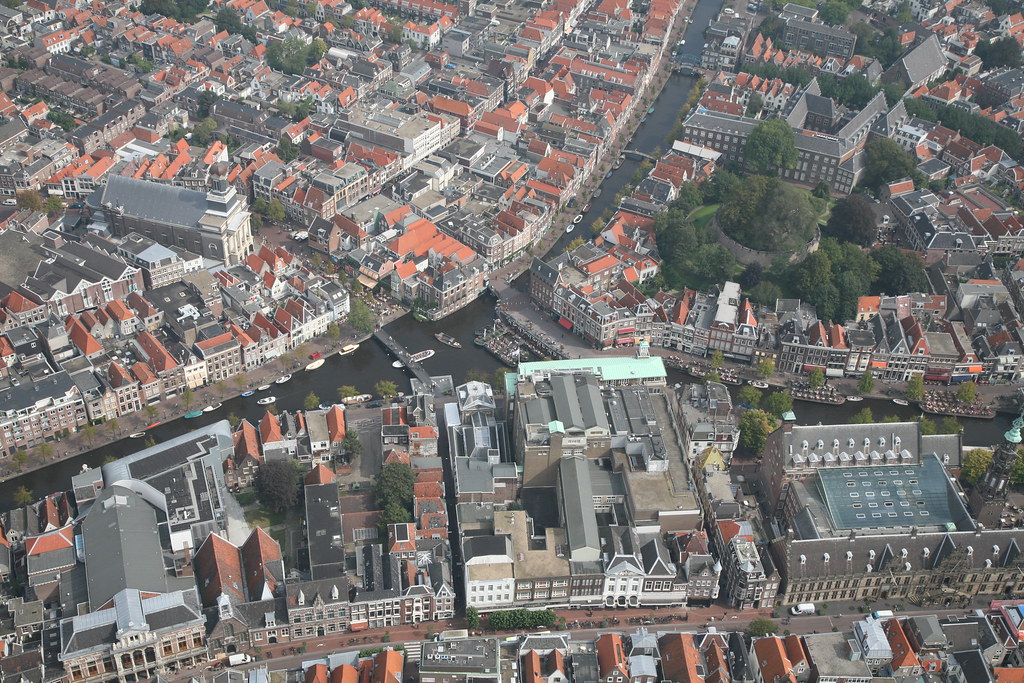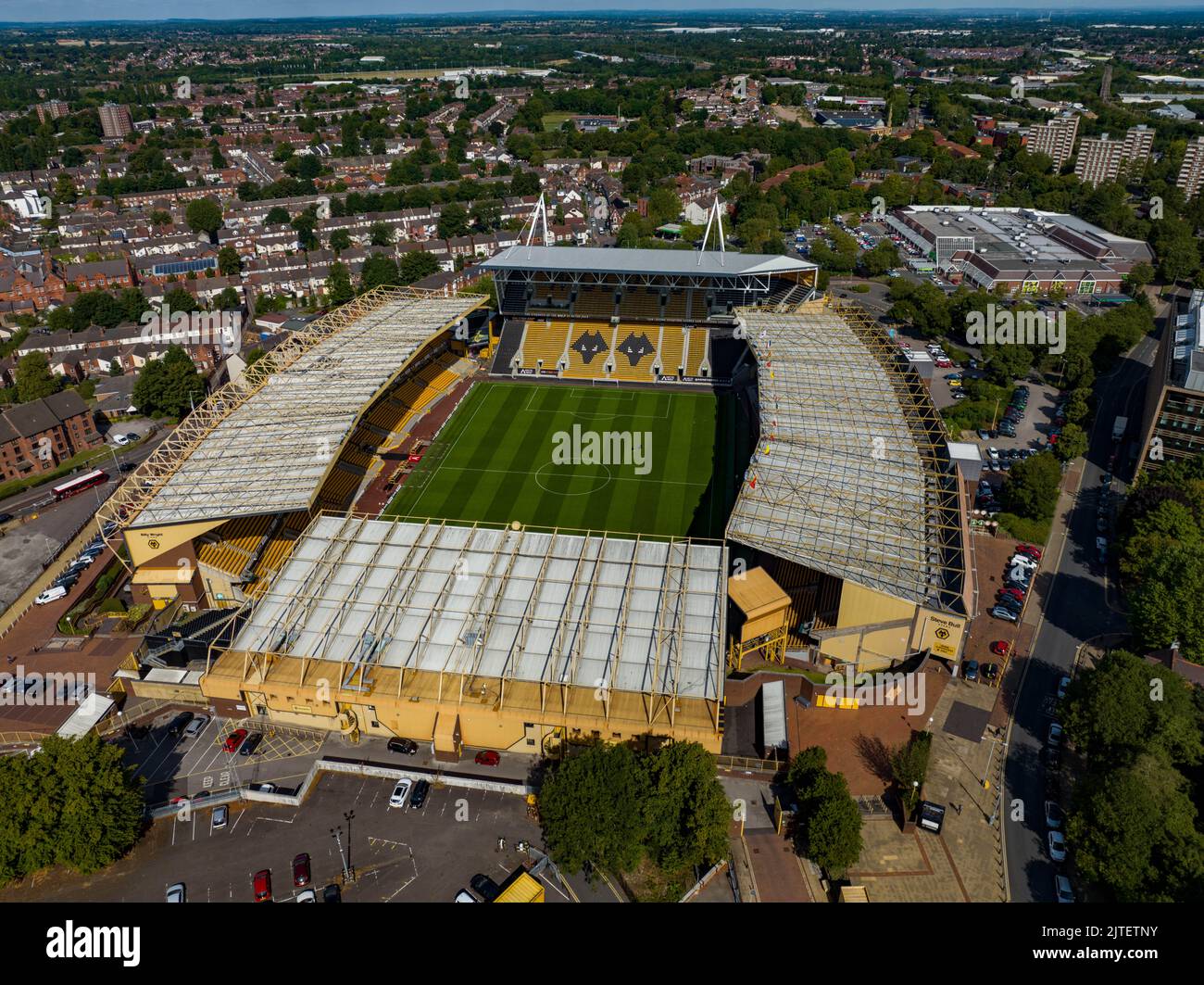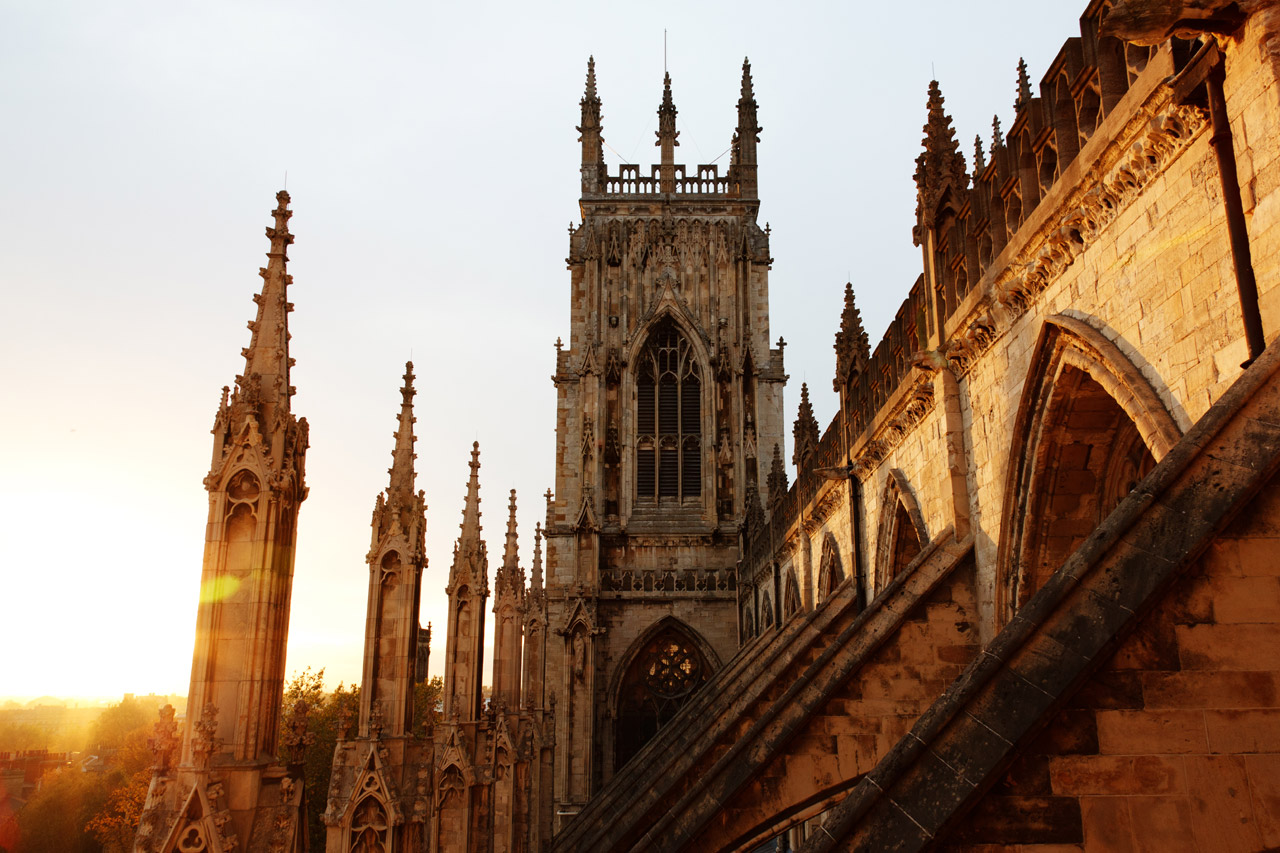Understanding Leiden: A City Rich in History and Culture

Introduction
Leiden, a picturesque city situated in the Netherlands, is renowned for its historical significance and vibrant cultural scene. As the birthplace of Rembrandt and home to Europe’s oldest university, Leiden holds a pivotal position in both academic advancements and artistic contributions. The city embodies a unique blend of history, education, and multiculturalism, making it an essential focus for those interested in European heritage.
The Historical Significance of Leiden
Founded in the 9th century, Leiden has played a crucial role in Dutch history. During the Eighty Years’ War, the city became a symbol of Dutch resistance in the face of Spanish rule. The famous Siege of Leiden in 1574 prompted citizens to devise innovative strategies, ultimately leading to their victory, which is still celebrated today during the annual Leidens Ontzet festival. This historical backdrop not only highlights the resiliency of the citizens but also sets the stage for Leiden’s modern identity.
Education and Innovation
Leiden is home to Leiden University, established in 1575, which is the oldest university in the Netherlands and ranks among the top institutions globally. The university has been influential in shaping the academic landscape, attracting international students and scholars alike. Its dedicated research in various fields, including the humanities, sciences, and social studies, fosters a culture of innovation that resonates throughout the city.
Cultural Attractions
The city’s rich history is complemented by its many cultural attractions. Museums such as the Rijksmuseum van Oudheden, which showcases ancient history, and the Museum of the History of Science, highlight the city’s academic contributions over the centuries. Moreover, the botanical gardens, renowned for their diverse plant species, enrich the cultural offerings, creating a distinctive environment that is both educational and aesthetically pleasing.
Conclusion
Leiden stands as a testament to the resilience and vibrancy of Dutch culture. Its historical importance, coupled with its role as a centre for education and innovation, places it at the forefront of heritage tourism in the Netherlands. As global interest in historical cities continues to grow, Leiden’s unique blend of history and modernity will likely attract more visitors, fostering deeper appreciation for its contributions to culture and education. With ongoing investments in public history and tourism infrastructure, the future looks promising for this historic city.
You may also like

The Royal Opera House: A Jewel in London’s Cultural Landscape

Exploring Wolverhampton: A Gateway to Culture and History
